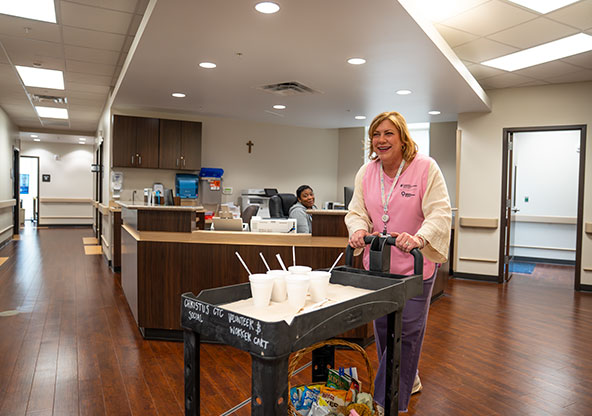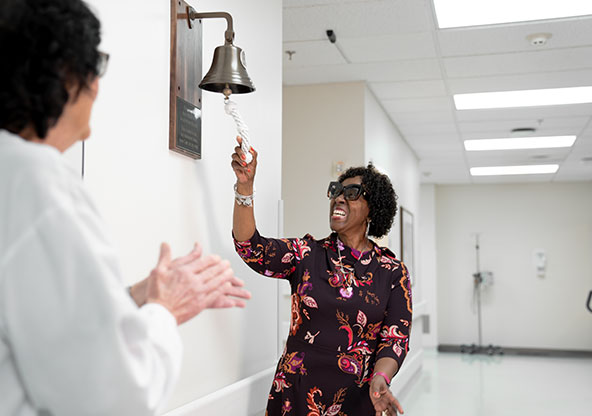Breast Cancer Stages Explained
Stage 0: Ductal Carcinoma In Situ (DCIS)
This is a non-invasive stage, meaning cancer cells are confined to the milk ducts and have not spread into surrounding breast tissue.
DCIS is considered highly treatable, and with prompt care, the outlook is excellent.
Treatments often include surgery (lumpectomy or mastectomy) and possibly radiation therapy.
Stage 1: Early Stage Breast Cancer
In Stage 1, the tumor is small—typically less than 2 centimeters—and may or may not have spread to nearby lymph nodes.
Most women at this stage are treated successfully with a combination of surgery, radiation, and sometimes hormone or targeted therapy.
Early detection through regular mammography
significantly improves outcomes at this stage.
Stage 2: Localized Spread
Cancer at Stage 2 is considered invasive, meaning it has spread beyond the ducts or lobules into nearby breast tissue or lymph nodes.
Treatment may include a combination of surgery, chemotherapy, and radiation.
Many patients at this stage achieve full remission with timely, coordinated care.
Stage 3: Regional Spread
Stage 3 cancer has spread more extensively to lymph nodes near the breast or chest wall but not to distant organs.
It is often called “locally advanced” breast cancer.
Treatment usually involves a combination of therapies, such as chemotherapy to shrink the tumor, followed by surgery and radiation—to reduce recurrence risk.
Stage 4: Metastatic Breast Cancer
In Stage 4, cancer has spread (metastasized) to other areas of the body, such as the lungs, liver, bones, or brain.
While not considered curable, metastatic breast cancer is treatable.
Many people live fulfilling, active lives for years with ongoing treatment that manages symptoms and slows disease progression.
CHRISTUS Health provides access to the latest systemic therapies, clinical trials, and compassionate support resources.










